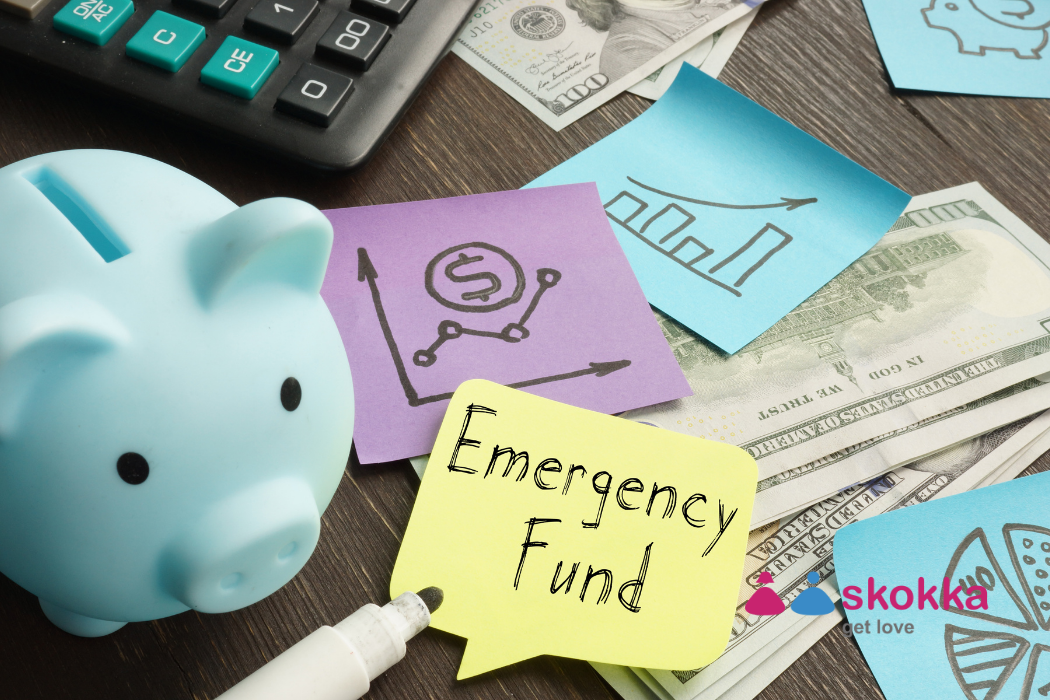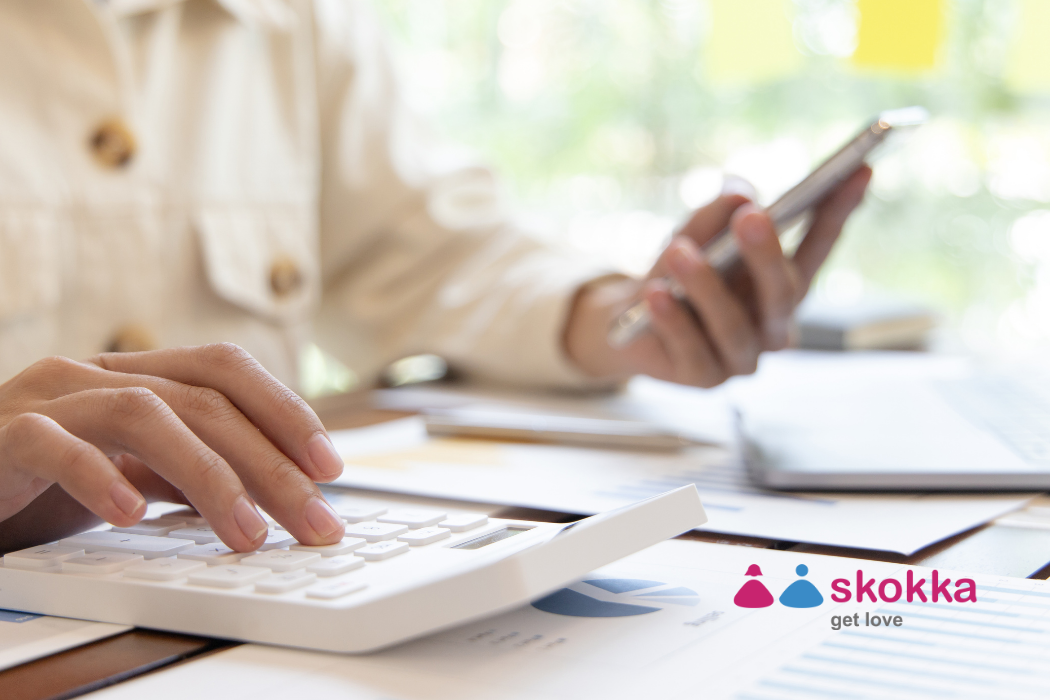In some point of our lives, we face unexpected financial situations that require urgent expenses. Who hasn’t experienced that uncomfortable feeling of running out of resources just when an emergency arises?
How are your finances currently? To avoid surprises in moments like these, it is of utmost importance to establish an efficient management of your finances, with the purpose of creating a financial reserve that can deal with these unforeseen circumstances.
I know saving may seem like a challenge, especially when it seems difficult to reach the end of the month with money to spare; however, the key is to control your expenses and create a reserve specifically for these emergency situations.
If you feel lost on how to start with this financial organization, don’t worry, let us guide you through the process of optimizing your finances and, at the same time, building a reserve that will protect you in unforeseen situations.
The Importance of Financial Organization Regardless of your social class.

Creating a financial reserve is a crucial measure. After all, unforeseen events can happen to anyone, at any time in life. This becomes especially critical for freelancers who deal with variable income.
Being your own boss can be a dream, but it also comes with the responsibility of dealing with financial uncertainties.
When you work for yourself, the workflow and, consequently, income, can vary considerably from one month to another. Think about it: do you always have the same number of clients every month? How did your income hold up during periods of instability?
Being prepared for these fluctuations is essential.
You can’t control how many clients you’ll have in a month and, therefore, how much money you’ll receive. That’s why organizing your finances and learning to save money, especially during months of higher income, is crucial.
Although I acknowledge that this is not an easy task, with discipline and organization, you can create a reserve in a short time.
How to Build a Financial Reserve
Emergencies are a certainty in life, and it is fundamental to develop healthy financial habits to avoid being caught off guard. Although this may seem like a daunting task, keep in mind that it is absolutely possible, and we are here to show you how to start.
Here are four essential steps that you should implement from now on to build a solid and well-managed financial reserve.
Record all your expenses: Keep a detailed record of your daily and monthly expenses in a dedicated notebook. Include all your fixed bills, such as water and electricity expenses, as well as credit card expenses and others. Accuracy is crucial, so make sure to create a detailed list.
Set a monthly amount to save: By reducing expenses, you will begin to notice a surplus in your budget next month. Set a realistic amount that you want to save and allocate it to a savings account. Decide whether that amount will be deducted from your monthly budget or will be based on each transaction.
Distinguish between needs and superfluous expenses: Analyze the list you created and identify which expenses are absolutely essential and which can be eliminated without significantly affecting your lifestyle. This could involve reducing expenses on frequent outings, expensive clothes, or other non-essential items.
Prioritize your financial reserve: Reevaluate and repeat these steps every six months or a year, adjusting as necessary based on your current financial situation. Use your financial reserve only in situations of real need to build a strong economy over time.
Developing Healthy Financial Habits
In addition to the above steps, it is essential not to spend more than you earn or what you are accustomed to receiving monthly. Avoid impulsive spending on short-term consumption items. Keeping control of your credit card and avoiding installment purchases is also crucial, as accumulated debts can become a







